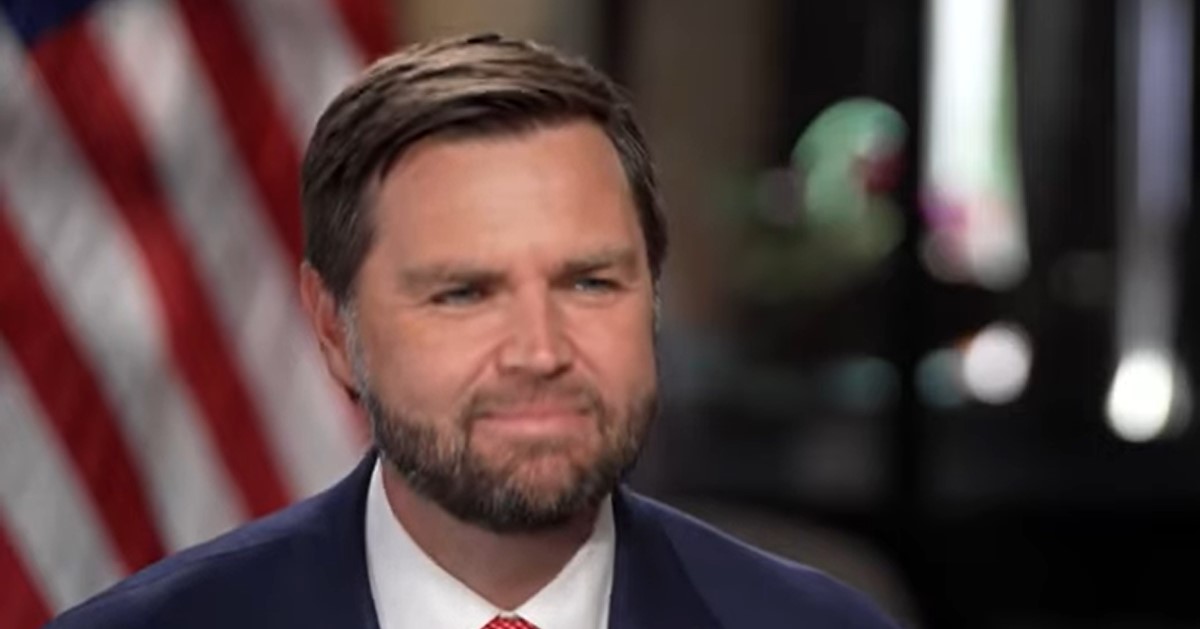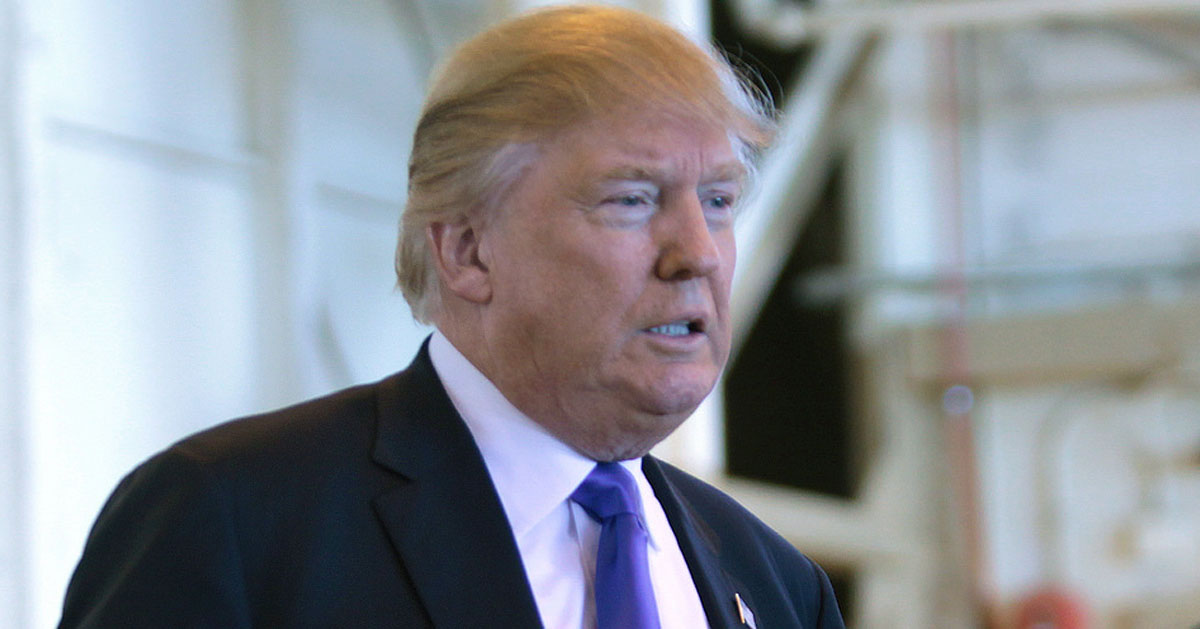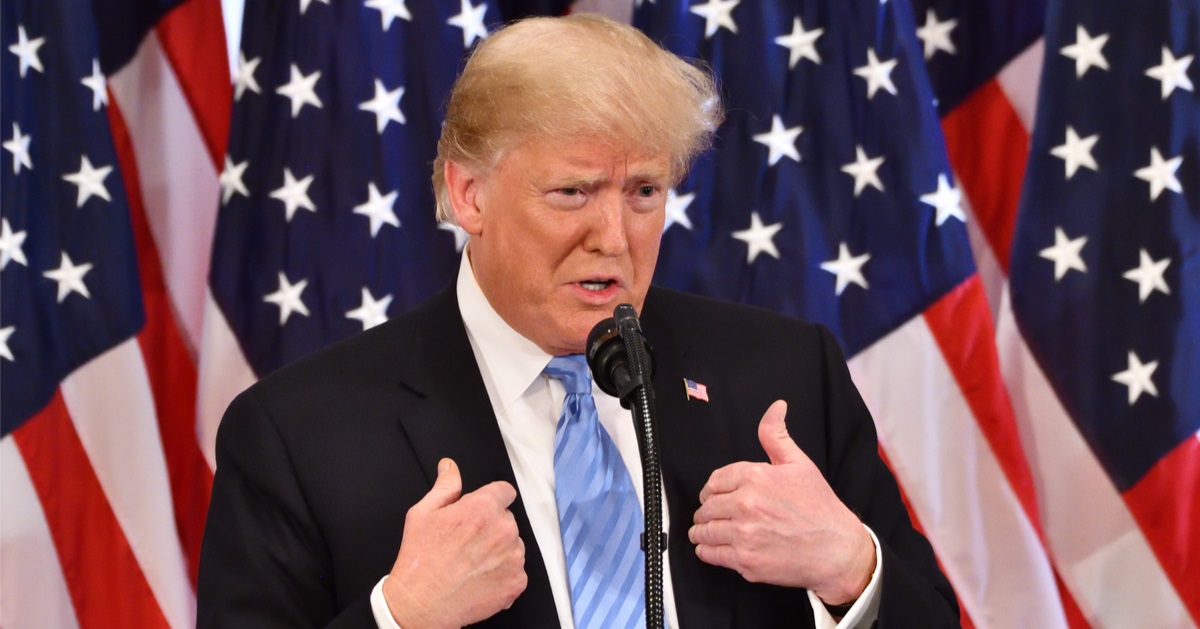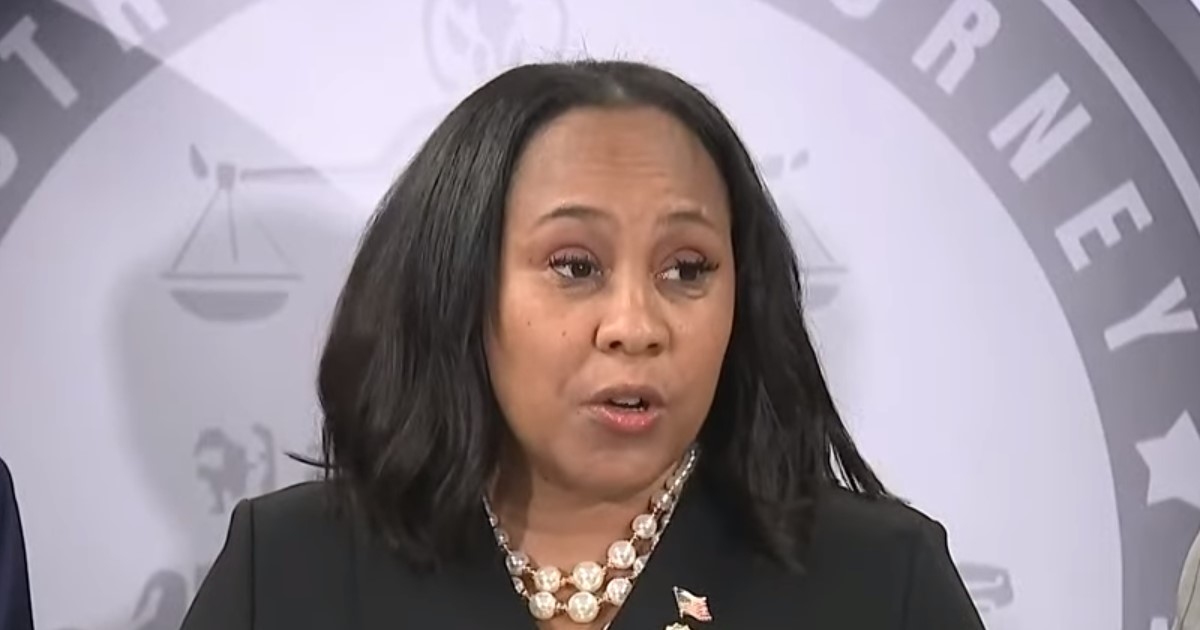Marco Rubio clarifies leaked Russian peace proposal for Ukraine
Hold onto your hats, folks—a leaked Russian peace plan for Ukraine has sparked a firestorm, and it’s not even America’s idea!
This controversy centers on a 28-point proposal, heavily tilted toward Moscow’s interests, that’s been floated as a potential end to the nearly four-year conflict between Russia and Ukraine, drawing sharp criticism from both U.S. lawmakers and European leaders while President Trump pushes for a quick resolution.
Let’s start with the bombshell from Saturday, when Secretary of State Marco Rubio addressed a bipartisan group of U.S. senators at the Halifax International Security Forum in Canada. He made it crystal clear that this sweeping plan isn’t Washington’s brainchild. Instead, it’s a “leaked” document straight from the Kremlin’s playbook.
Rubio Denounces Plan as Russian Wish List
Rubio didn’t mince words, as relayed by senators present at the meeting. South Dakota’s GOP Sen. Mike Rounds noted Rubio’s insistence that the proposal was merely received by a U.S. representative, not endorsed or released by American officials.
“It is not our recommendation. It is not our peace plan,” Rounds emphasized, quoting Rubio on the plan’s origins (Politico). Well, isn’t that a relief—or is it just a polite way of saying we’re stuck holding Moscow’s laundry list?
Sen. Angus King of Maine independently confirmed Rubio’s take, describing the plan as a “wish list of the Russians.” If that doesn’t scream one-sided, I don’t know what does. It’s like asking a fox to draft the henhouse security plan.
Plan’s Terms Heavily Favor Moscow
Now, let’s peek at the details of this so-called peace framework. The terms demand Ukraine cede the entire Donbas region—even areas not under Russian control for over a decade—slash its military by a third, and swear off NATO membership forever. That’s not a deal; that’s a surrender dressed up as diplomacy.
President Trump, speaking to reporters outside the White House on Saturday, added fuel to the fire by giving Ukrainian President Volodymyr Zelensky a Thanksgiving deadline to accept the framework. He called it not his “final offer,” but warned Zelensky that rejection means he can “continue to fight his little heart out.” Talk about turning up the heat before the turkey’s even carved.
Across the pond, European leaders aren’t exactly singing kumbaya over this proposal either. At the G20 summit in South Africa on Saturday, they huddled to discuss ways to bolster Kyiv, with some even mulling over rewriting parts of the plan after Zelensky voiced fears of losing Ukraine’s dignity and freedom.
European Leaders Push Back on Proposal
German Chancellor Friedrich Merz was blunt, declaring, “Wars cannot be ended by major powers over the heads of the countries affected.” That’s a diplomatic way of saying, “Hands off Ukraine’s fate, big shots.” Merz also admitted a fair outcome for all sides remains a distant dream (Associated Press).
Back home, the plan isn’t winning any popularity contests among U.S. lawmakers. Republican heavyweights like Sens. Mitch McConnell and Lindsey Graham have slammed it, with McConnell accusing Russian President Vladimir Putin of trying to manipulate Trump. That’s a bold claim, and it raises eyebrows about who’s really driving this train.
Sen. Rounds also chimed in, suggesting the Trump administration sees the proposal as a “starting point,” though he admitted it “looked more like it was written in Russian to begin with” (Associated Press). If that’s a starting point, I’d hate to see the finish line. It’s hard to negotiate when the other side’s already written the script.
Upcoming Talks Aim for Clarity
Amid this uproar, diplomacy is set to continue with urgency. Rubio, alongside U.S. Special Envoy Steve Witkoff and Army Secretary Dan Driscoll, will meet Ukrainian advisors and representatives from France, Germany, and the UK in Geneva, Switzerland, on Sunday. These talks are a prelude to further discussions with Russian officials, though expectations seem guarded.
The stakes couldn’t be higher for Ukraine, caught between a rock and a hard place with this Russian-leaning proposal. While Trump’s push for a swift resolution might aim to end bloodshed, critics argue it risks rewarding aggression. Shouldn’t peace mean justice, not just a quick signature?
Let’s be real—Washington’s role as an intermediary is a tightrope walk, balancing America First priorities with the need to support allies like Ukraine against overreach. This leaked plan, whether a genuine starting point or Moscow’s fantasy, has exposed deep rifts. The question remains: can a deal be forged that doesn’t leave Kyiv out in the cold?






